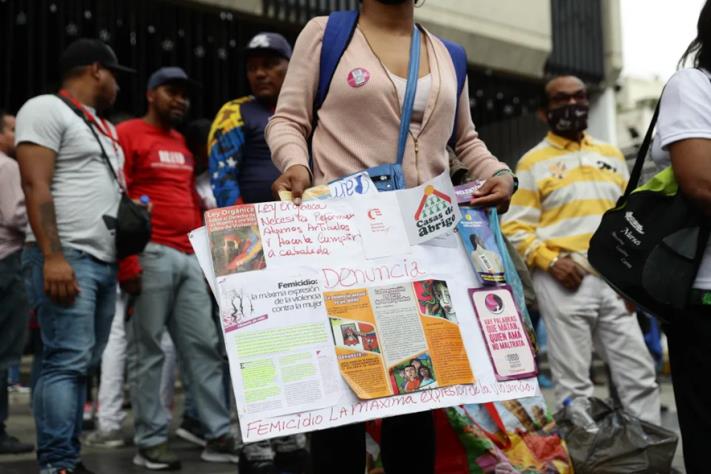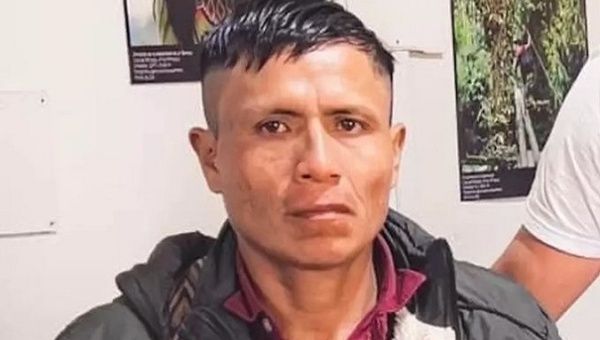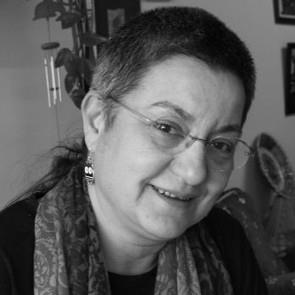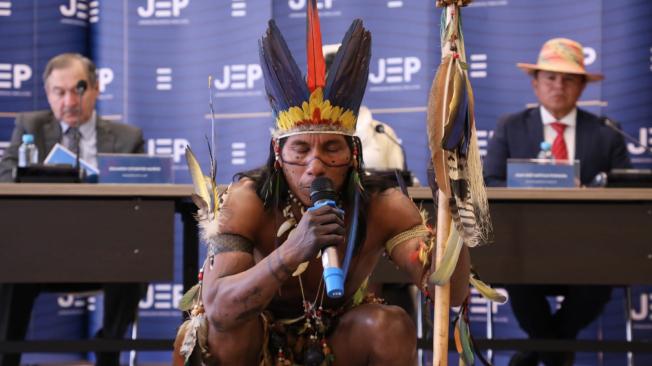This month we bring you news from Venezuela, Colombia, Brazil, Ecuador, Paraguay, Peru, Argentina and Chile. Amnesty has issued new reports on gender-based violence in Colombia and Ecuador and on institutional racism in Brazil. A transgender couple from Paraguay has been chosen for this year’s Write for Rights Campaign and we encourage you to write solidarity letters and to the Paraguayan authorities on their behalf.
VENEZUELA
 On November 25th, hundreds of women protested in the Venezuelan capital of Caracas to end violence against women, according to the Agencia EFE news agency. Marking the International Day for the Elimination of Violence against Women, feminist organizations in the country demanded state action, with non-governmental organization Provea stating that femicide has been made possible through “the abuses by, and the silence of, the state” (author’s translation). According to the register maintained by the non-governmental organisation Utopix, 193 women have been killed this year by men who form a part of their lives, meaning that a femicide has occurred every 37 hours.
On November 25th, hundreds of women protested in the Venezuelan capital of Caracas to end violence against women, according to the Agencia EFE news agency. Marking the International Day for the Elimination of Violence against Women, feminist organizations in the country demanded state action, with non-governmental organization Provea stating that femicide has been made possible through “the abuses by, and the silence of, the state” (author’s translation). According to the register maintained by the non-governmental organisation Utopix, 193 women have been killed this year by men who form a part of their lives, meaning that a femicide has occurred every 37 hours.
In addition, protesters have also marched for the decriminalization of abortion. The current Penal Code prohibits abortion in all cases except where it is an indispensable measure to save the life of the mother, otherwise, it is punishable by between six months and two years in prison.
On November 1st, the International Criminal Court Chief Prosecutor Karim Khan formally asked the Court to continue its investigation into alleged human rights violations committed in Venezuela. In 2020, Khan’s office found, in a preliminary investigation, that there was a “reasonable basis” to believe that “since at least April 2017, civilian authorities, members of the armed forces, and pro-government individuals have committed crimes against humanity”. The ICC has yet to make its decision on Khan’s request.
Researchers writing in the Lancet have found that mining activity in southern Venezuela is associated with hotspots in malaria transmission. The study noted that increased temperatures exacerbated malaria transmission in mining areas, with parts of Venezuela likely to be subject to rapidly rising temperatures because of climate change. Much of Venezuela is subject to illegal mining, especially in the Bolívar state, where Human Rights Watch and the United Nations have found residents, including indigenous groups, suffer violence and sexual abuses at the hands of armed groups. Meanwhile, inhabitants of the town of Tumeremo have denounced the government efforts to dismantle illegal mining operations, citing the alleged arbitrary detention of individuals. Tumeremo has historically been the scene of violence due to government crack downs on illegal mining.
Talks between Venezuela President Nicolás Maduro and the country’s opposition parties, grouped under the Plataforma Unitaria, will resume, according to the Norwegian government, which will act as a mediator. Talks had already occurred over a potential political settlement between Maduro and the opposition in September 2021, but they broke down after Alex Saab, a key ally of Maduro and a Colombian businessman with business interests in Venezuela, was extradited to the United States on money-laundering charges. The Director of the non-governmental organization Justicia Venezolana, Lilia Camejo, has demanded that Maduro and the Plataforma Unitaria make political imprisonment part of the negotiations, with Justicia Venezolana stating that 320 individuals are currently imprisoned for political reasons. [Read more…]


 Prof Şebnem Korur Fincancı is a prominent forensic medicine doctor, a member of the Human Rights Foundation of Türkiye and the head of the Union of Turkish Medical Associations. As a human rights defender, she has been subjected to baseless criminal investigations, detentions and prosecutions in the past. In 2016, she was briefly remanded in pre-trial detention when prosecuted for ‘propaganda for a terrorist organization’ for her role as a symbolic editor of the shuttered Kurdish daily Özgür Gündem. Along with her two co-defendants, she was acquitted in 2019 but their acquittals were overturned on appeal and their retrial is ongoing.
Prof Şebnem Korur Fincancı is a prominent forensic medicine doctor, a member of the Human Rights Foundation of Türkiye and the head of the Union of Turkish Medical Associations. As a human rights defender, she has been subjected to baseless criminal investigations, detentions and prosecutions in the past. In 2016, she was briefly remanded in pre-trial detention when prosecuted for ‘propaganda for a terrorist organization’ for her role as a symbolic editor of the shuttered Kurdish daily Özgür Gündem. Along with her two co-defendants, she was acquitted in 2019 but their acquittals were overturned on appeal and their retrial is ongoing.
